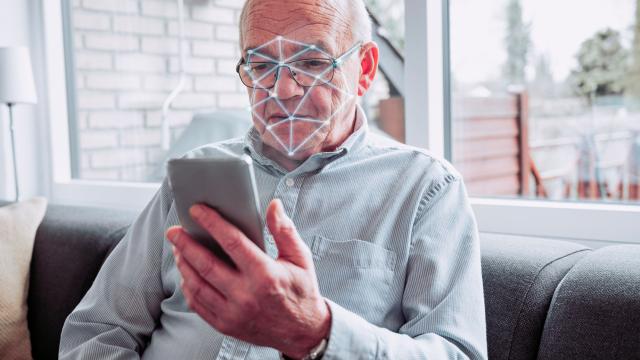It’s been more than a year since the Australian government floated the idea of using a face scan to access porn, but a proposed internet law that’s being rushed through could make it a reality.
The controversial Online Safety Act is a bill currently being considered by Parliament. It’s drafted to give more powers to the eSafety Commissioner to protect Australians from online harms.
The bill itself expands the eSafety Commissioner’s already broad powers to address things such as adult cyber abuse, image-based abuse and even deal with terrorist content.
Digital rights groups have raised concerns about the legislation, and the eSafety Commissioner faced some thorny questions during a Senate inquiry about how the legislation will work in practice.
One aspect of the wide-ranging law that hasn’t been given as much attention is new powers allowing the eSafety Commissioner to implement their own “restricted access system”.
A restricted access system is a method of controlling who sees a type of content. An example is a pop-up that asks you to put in your age before you can access a website, restricting access to only individuals above a certain age.
The proposed Online Safety Act allows the eSafety Commissioner to impose a restriction with “the objective of protecting children from exposure to material that is unsuitable for children,” while also considering the burden on an ISP or platform.
While this is intended to ‘protect’ children, these restrictions will of course affect any individual who must navigate these systems to show that they’re not a child.
According to UNSW’s Adjunct professor Zahra Szuzsanna Stardust, this could mean anything.
“This means the commissioner could decide that, to access sexual content, users must upload their identity documents, scan their fingerprints, undergo facial recognition technology or have their age estimated by artificial intelligence based on behavioural signals,” Stardust wrote in the Conversation.
Now, that’s not to say that eSafety Commissioner Julie Inman Grant will implement the Department of Home Affairs’ proposed facial recognition identity verification before you can look at porn — but the point is she could.
As critics of the Bill have been saying, the Online Safety Act gives an incredible amount of power to an unelected government official. If the government passes the law as is, do Australians really know what could happen in the future?
